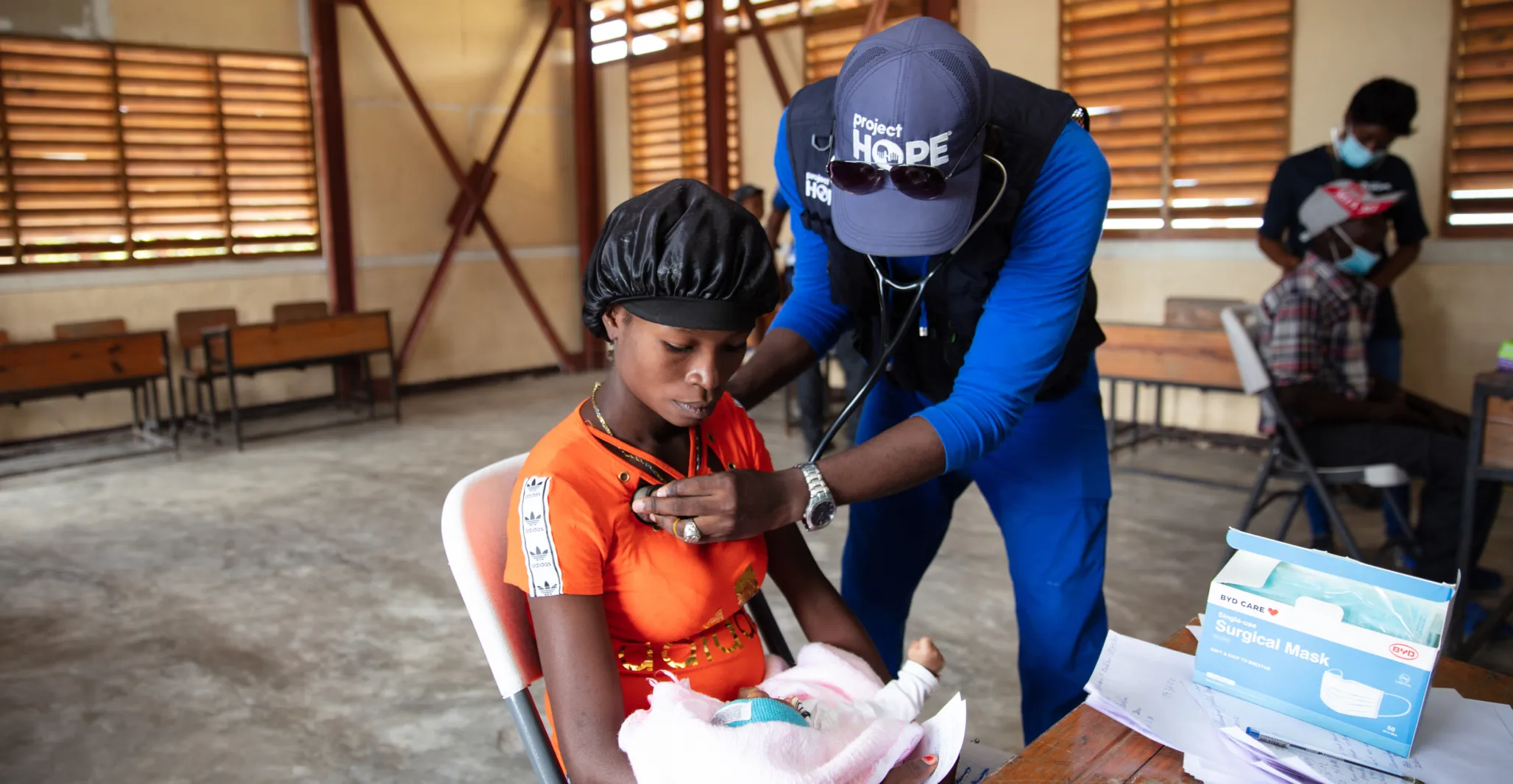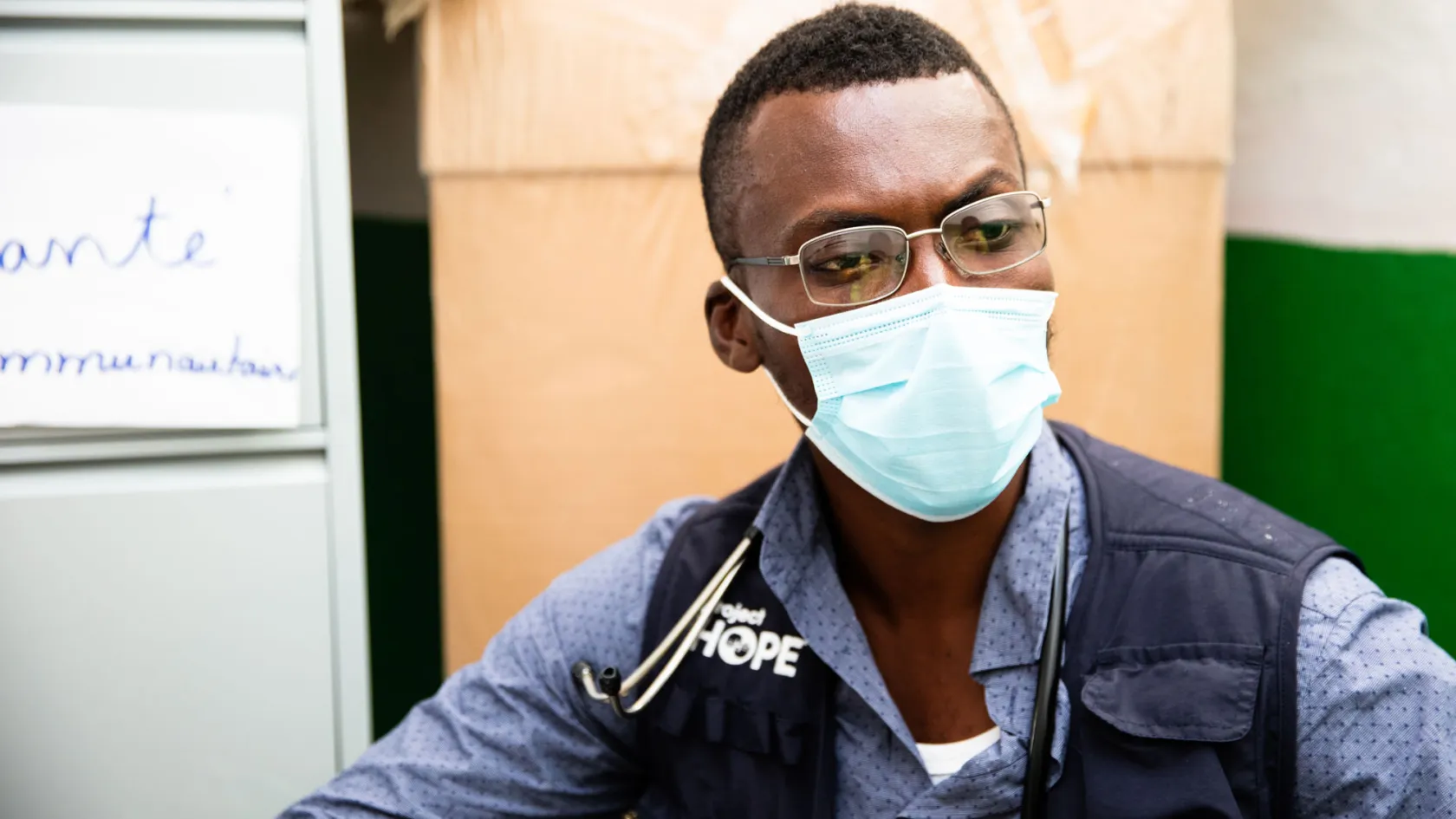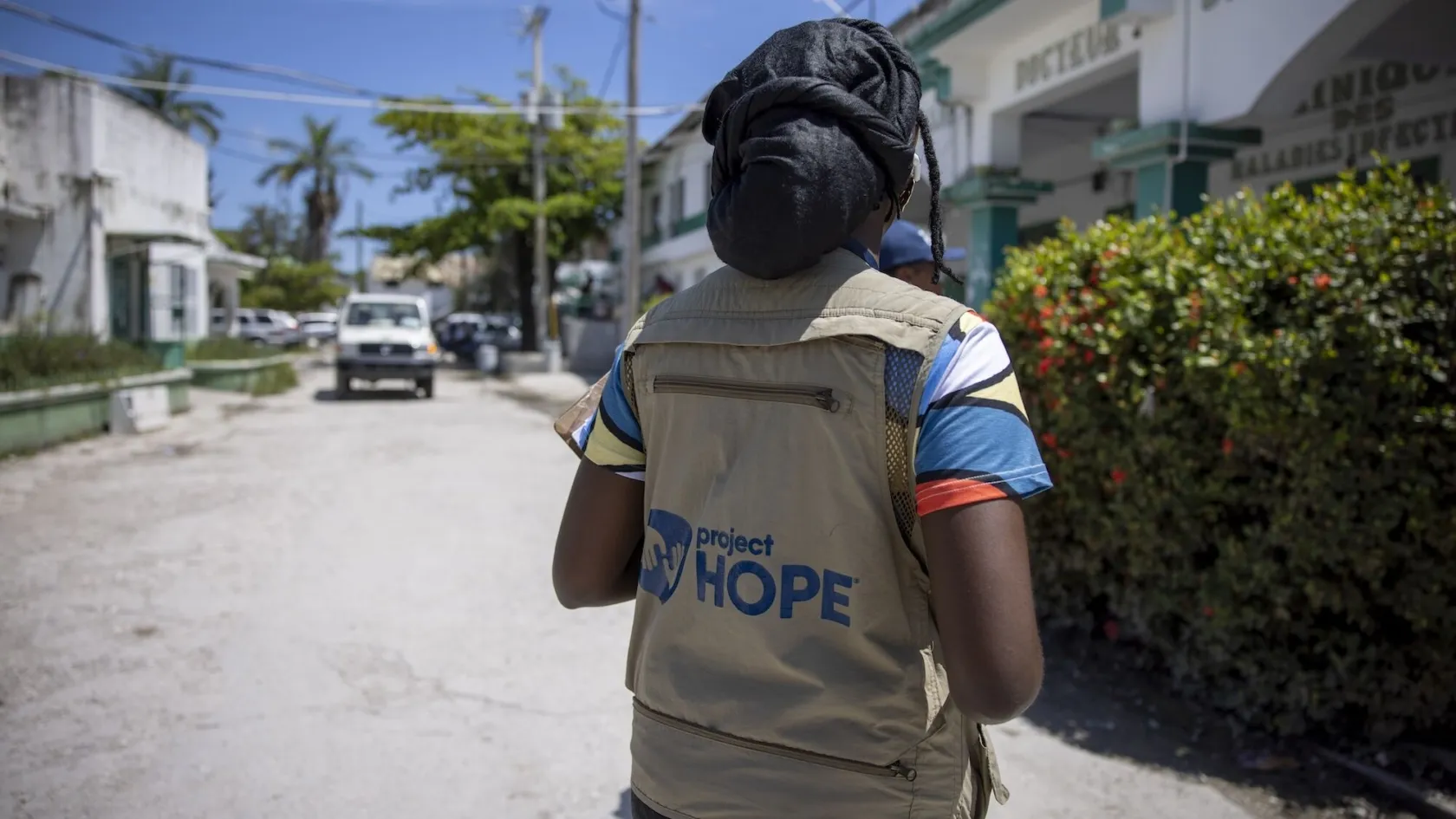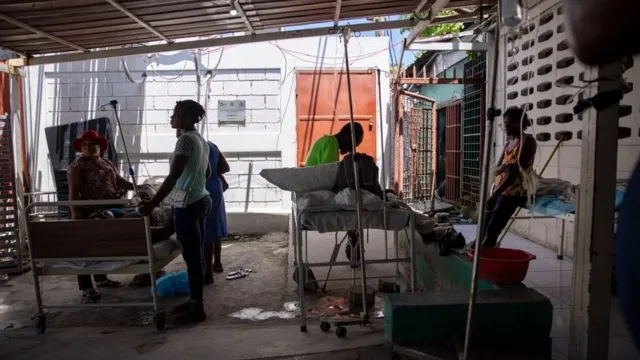

Haiti
Increasing access to emergency health, WASH, and protection sector services to vulnerable cohorts across Grand Sud, Haiti
The Context
Haiti is experiencing a complex humanitarian emergency caused by political instability, violence, high inflation, rising food insecurity, and limited access to healthcare. Haiti is also one of the most climate-vulnerable countries in the world and remains at risk to natural disasters and extreme weather events, such as earthquakes, hurricanes, and extreme flooding.
The country’s health facilities are understaffed, underfunded, and face shortages of medical commodities. As a result, Haiti struggles with ensuring access to health care; has high rates of maternal and infant mortality, and its Human Development Index ranking is the lowest in the region.
Our Impact
Complex Humanitarian Crisis Response (2023-2025)
In 2023, Project HOPE initiated a multi-sectoral response to ensure the continuity and provision of primary health services; improve water, sanitation, and hygiene (WASH) standards; provide protection through mental health and psychosocial support (MHPSS) programs; and strengthen gender-based violence (GBV) case management and referral pathways.
Cholera Response (2022-2023)
In late 2022 and through 2023, Project HOPE was at the forefront of cholera response, increasing the capacity of Cholera Treatment Centers with the provision of staff, training, and medical commodities to curb the impact and spread of cholera in the Grand Sud region. We equipped health clinics with appropriate WASH supplies, distributed hygiene kits, renovated water points, and trained community health agents.
Project HOPE is no longer actively working in Haiti as of April 2025.
Our History in Haiti
Project HOPE’s work in Haiti began in 1984, through a USAID project to develop clinical laboratory capacity at the University Hospital in Port-au-Prince. Afterwards, our programs have focused on emergency and disaster response, increasing access to primary health care, addressing maternal health needs, building the capacity of frontline health workers through training, and the provision of medical commodities to ensure free access to care.
Project HOPE also supported Haiti in the wake of disasters, providing both immediate relief and long-term health system strengthening. When the 7.2-magnitude earthquake struck on August 14, 2021, Project HOPE deployed a team of first responders to provide medical relief to hard-hit areas. We then launched a nine-month program to help Haiti’s health system recover for the long term by working to restore basic primary healthcare services, provide protection support, expand WASH activities, and provide MHPSS.
In 2016, Project HOPE responded to Hurricane Matthew by deploying medical volunteers and shipping critical supplies to strengthen the country’s cold chain. In 2010, Project HOPE responded to the 7.0-magnitude earthquake by deploying medical volunteers and delivering more than $60 million in donated medicines and medical supplies. As Haiti recovered from the earthquake, Project HOPE remained and established the country’s first free, comprehensive rehabilitation and prosthetic facility for amputee victims. We later expanded rehabilitation training and support to six regional centers for people with disabilities, helping to ensure long-term access to care.
While Project HOPE is no longer active in Haiti, we remain committed to advocating for sustained international support for Haiti.



